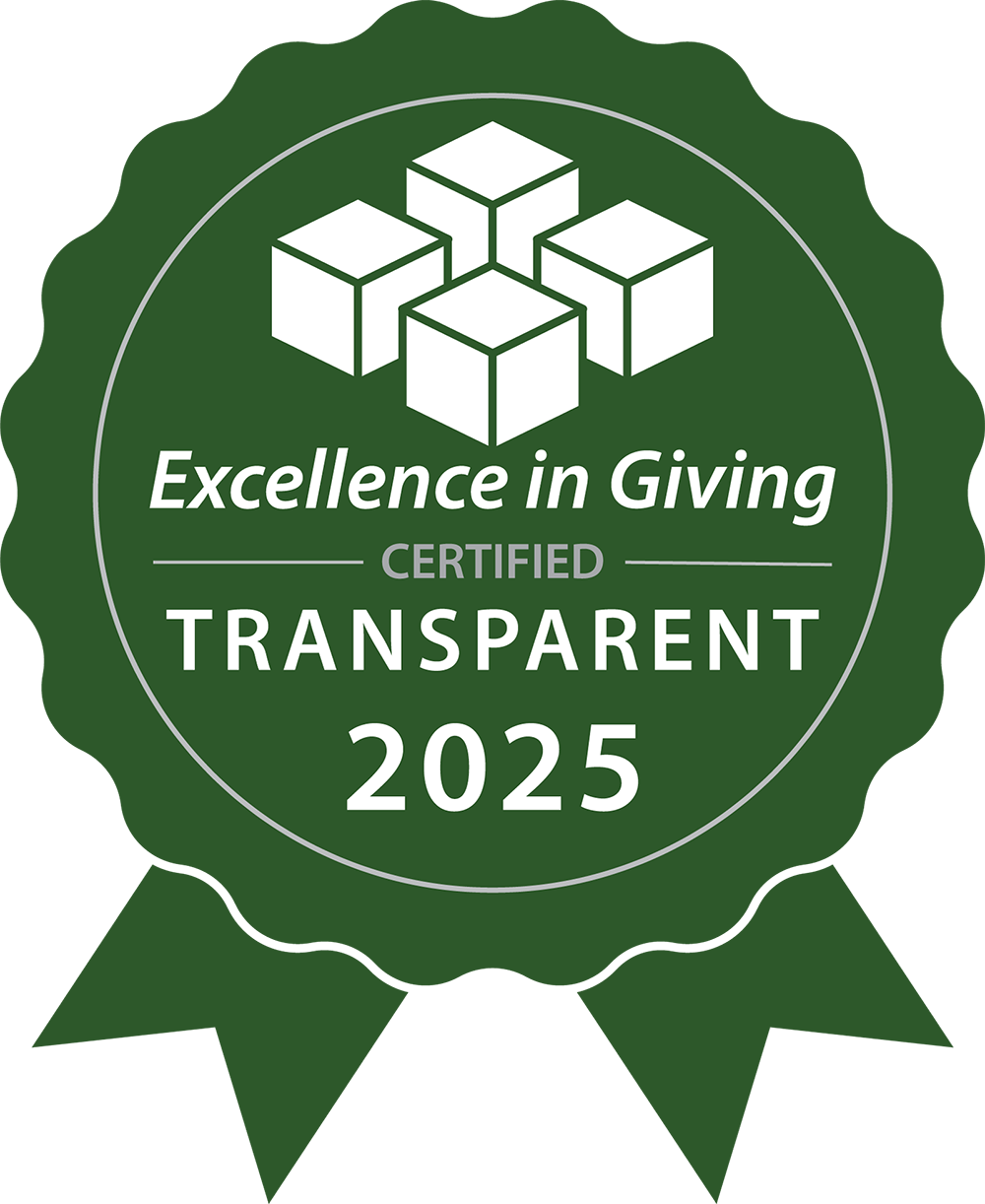Not all training sessions are created equal
Trainings and seminars are a normal part of doing our jobs and we’ve all most likely experienced them in some shape or form – where training lasts multiple days and attendees spend each day immersed in the new curriculum.
You enter the workshop and are given a name tag, with your name prominently displayed. You’re also provided branded pens and matching professionally-produced color-coded notebooks. All the materials in the notebook are coordinated with the PowerPoint presentations used throughout the training, which are embedded with audio and video clips, some of which are live-linked to web-based videos.
The perfectly air-conditioned meeting room is color-coordinated to promote a peaceful feeling. The chairs are designed to remain comfortable for eight hours of sitting. There’s a beverage and snack station, offering choices for every dietary preference. Lunch is served on site, provided by one of the finest caterers in the metro area. Included in your notebook is a list of scrumptious restaurants all within five minutes of the training facility. And of course, you’re staying in a well-appointed hotel in the area.
Sounds familiar, right?
Imagine if you will, the typical Spoken Worldwide Coaching workshop, conducted around the world in communities that can’t or don’t write. Here is what you can expect in one of our training sessions in these remote, oral communities:
…there are no name tags…there are no pens with logos and matching notebooks
…without reliable electricity, or access to PCs, there are no PowerPoint presentations
…there are no video clips or live links to web-based videos
…there are no specially designed chairs in which to enjoy the air-conditioning
…there is no air-conditioning
…there is no beverage and snack station, although bottled or bagged water may be provided
…lunch and all other meals will be served outside the roughly constructed building where we’re meeting. It will always be local cuisine, starchy and plentiful. Meat and seasonal vegetables will be served for at least one meal per day.
Any workshop attendee that opts to bring their own ink pen and paper, will be asked NOT to use those items. Why? Because the majority of the local people can’t or don’t read or write and the best training method for teaching oral learners is to learn without writing. If this sounds challenging, you’re absolutely right!
An inside view to Orality training
Welcome to the world of Orality, where reading and writing is not required in our Coaching training sessions, and is even discouraged. From the first warm greetings, through each and every encounter during the days of trainings, everyone will rely on two primary skills: listening and remembering.
“Listen carefully as I tell you this story, because when I finish the story, you will have the opportunity to tell the same story to your neighbor, then they will tell it back to you. Don’t worry about getting everything perfect right now, this is just to see what we can remember.”The lead trainer then tells a wonderful fable to the group, which is aptly named, “Truth and Story.”
Once the trainer has completed this story, the participants pair off in twos and retell the story to each other, however much they remember. Then the group comes back together to ready affirmations on their storytelling and to do one more telling of the story. This time, the trainer explains, it will be ‘more or less’ like the first time they heard the story. If they hear something different or ‘wrong,’ the participants are to quickly call out these words, “No! No! No!” while shaking their finger at the Storyteller/Trainer.
The mistakes are intentional, well-timed and humorous. All of this is by design. The participants joyfully call out their “No! No! No!” then correct the forgetful Storyteller. This demonstrates to the whole group that they DO know the story, that the Trainer is not a scary lecturer but a real person, who, like them, enjoys having fun. At times, the Storyteller appears to have forgotten portions of the story, for which the participants verbally ‘fill-in-the-blanks,’ amid grateful affirmations from the Trainer. When the story reaches its conclusion, everyone applauds for the enjoyable interactive, communal storytelling they have just experienced together.
And so, the stage is set for these new trainees.
The days pass quickly as they follow this modeled approach to immersive, communal oral learning. The lack of creature comforts – air-conditioning, comfortable seats, snack bar and color-coded notebooks – are a non-issue. Three to five days later the participants will depart, without written notes, yet remembering nearly everything that was shared during the seminar. How is this possible? I’ll cover exactly how this works next month in my second article of the Orality training series. Don’t miss it!
~ Dr. Ray Neu, The Story Doctor
How You Can Pray:
Please pray that Spoken is able to continue holding trainings that communicate Truth in the ways most relevant to those attending.
Interested in joining the Spoken Worldwide team? Check out our Employment Opportunities.



